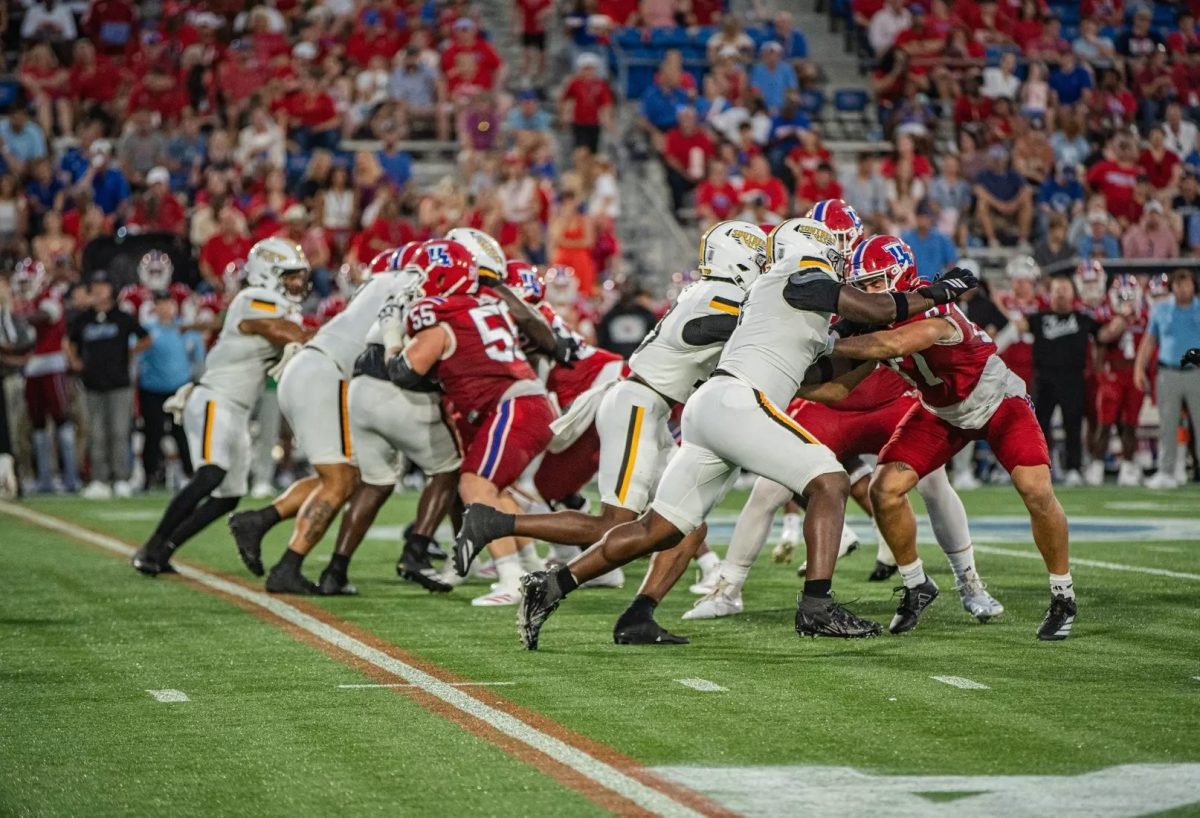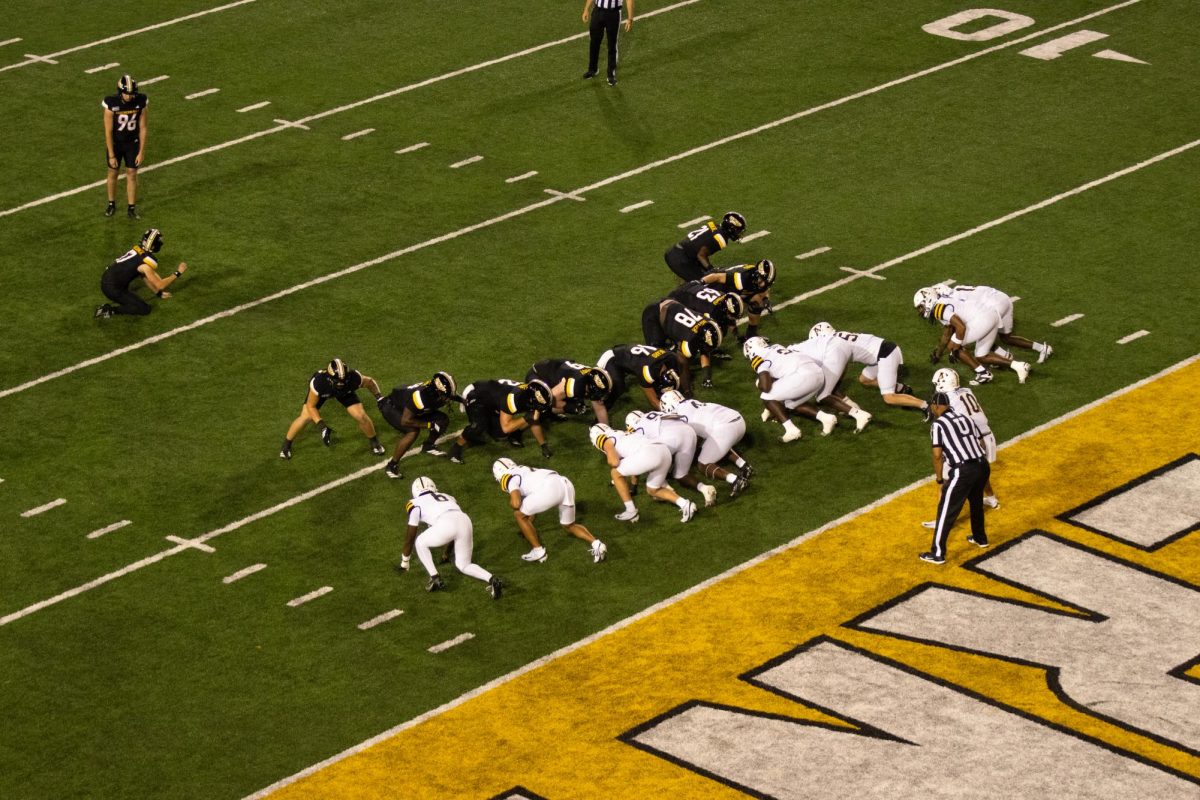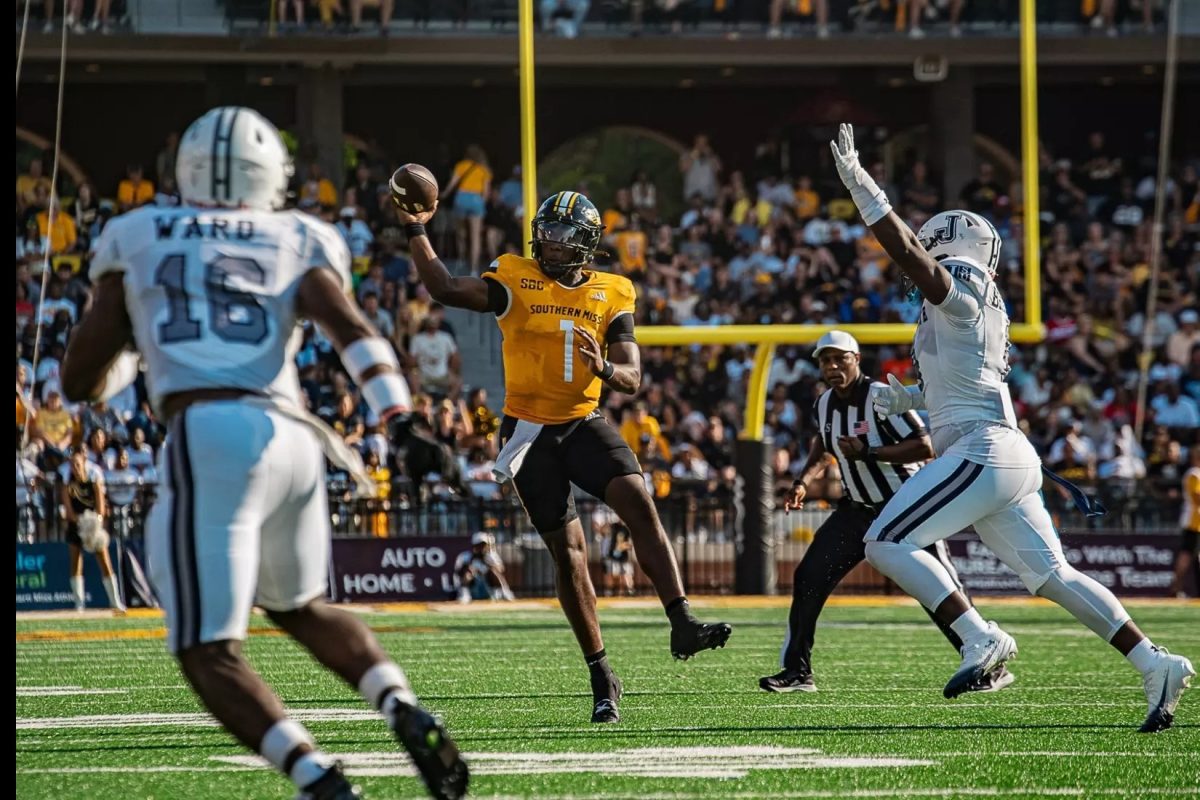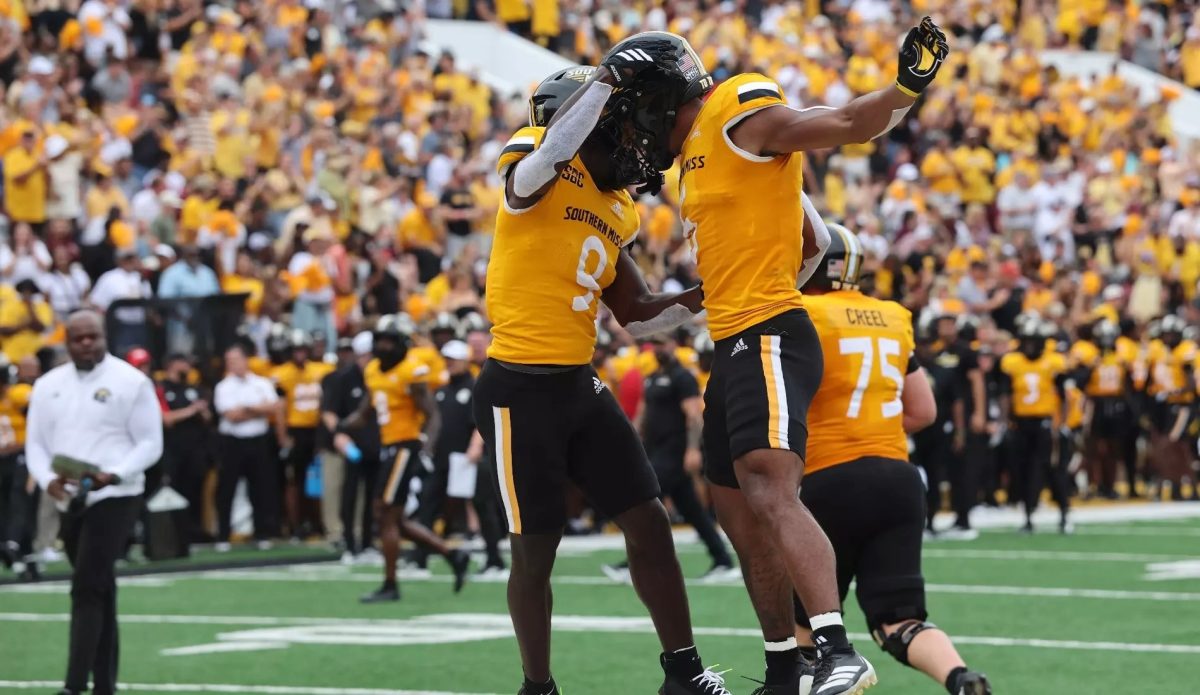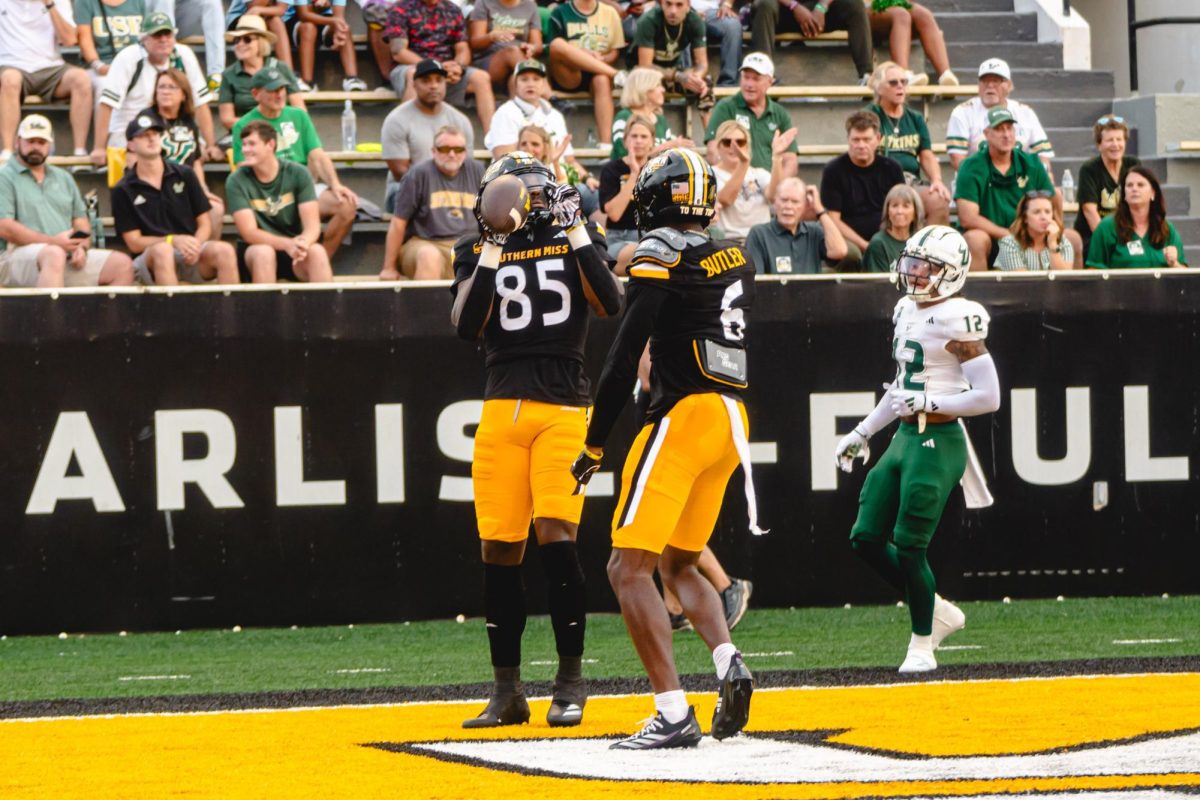While the concussion lawsuit, along with the suicides of former NFL players suffering from CTE and those still suffering from long-term effects from head injuries, is easily the ugliest aspect of the state of the NFL, the public image affected by legal troubles off the field is disturbing in its own right.
The worst case came in June 2013 when then New England Patriots’ tight end Aaron Hernandez was arrested for the murder of 27-year old Odin Lloyd. After his initial arrest, Hernandez was indicted in May 2014 for the murder of both Daniel Abreu and Safiro Furtado in a separate case.
Hernandez is currently awaiting his sentencing for the murder of Lloyd; it is believed he will receive life in prison. While Hernandez is far from the first NFL player to be arrested, his cases are by far the most heinous the league has ever endured.
Since Hernandez’s arrest, the legal issues faced by players and owners have spiraled out of control, especially leading up to the current season. It began in February when former Baltimore Ravens running back Ray Rice was arrested for simple assault charges spurning from a dispute with his then-fiancee Janay Palmer.
Four days later, a video surfaced of Rice dragging Palmer’s unconscious body out of an Atlantic City casino elevator, via TMZ. Following an investigation by the NFL, Rice was suspended just two games for the incident, which sparked public outrage due to the severity of domestic abuse.
However, everything changed Sept. 8 when TMZ received and published footage of the altercation that took place inside the elevator. After watching the video, the Ravens terminated his contract and the NFL swiftly suspended Rice indefinitely.
Things only got worse for the league in March when Indianapolis Colts’ owner Jim Irsay was arrested for DUI. Irsay was pulled over for driving erratically; when officers searched his car, they found numerous prescription bottles containing pills along with nearly $30,000 in cash. He admitted to having hydrocodone, oxycodone and Xanax in his system.
Irsay was sentenced to one year of probation and was suspended by the league for six games and fined $500,000. Following his arrest, he was admitted into rehab.
Then there is the case of one of the league’s biggest stars, Minnesota Vikings running back Adrian Peterson. Peterson was arrested for reckless or negligent injury to a child in September after pictures surfaced of his son’s numerous injuries, which stemmed from Peterson disciplining his son with a switch.
His case is still working its way through the legal system, but Peterson did not help himself when he admitted to smoking marijuana earlier this month prior to urinalysis test. Peterson’s bail was revoked for the admission.
Peterson is currently on the Vikings’ exempt/commissioner’s permission list, receiving the entirety of his current $11.75 million salary, but has yet to be disciplined by the league. He is still attempting to play this season, but it is highly unlikely said NFL commissioner Roger Goodell.
These incidents are only a few of the more high-profile cases currently affecting the NFL, but it is clear that Goodell and the NFLPA (NFL Players’ Association) have their work cut out for them moving forward.
The public image of the league has undoubtedly taken a huge hit regarding the incidents, but there are many more pressing matters than the public image. Deep down, Goodell and the owners have to be concerned with the possibility of losing millions of sponsorship dollars, but the real concern needs to be finding a way to educate players and owners to not make these mistakes and ultimately become better role models.
Professional athletes are adored by America’s youth and adults alike. While their main focus should be doing their job to the best of their ability, being a professional goes far beyond the game itself. It is imperative that Goodell and the NFLPA create a system that ensures these incidents do not continue to occur in the future.
The current regime has disciplined players and owners unlike ever before, lengthening suspensions and increasing fines, but unfortunately, the system still is not working. It may seem preposterous that professional athletes and owners need a system that strikes fear into them to make them think twice because of the possible repercussions, but it has come to that.
It may just take Goodell to hand out some lifetime bans or something close to that magnitude for players and owners to finally realize that they are held to a higher standard than the general public. Whatever it is going to take, Goodell and the NFLPA seriously need to convene this offseason to come up with a plan to strike fear into their players and owners so that these incidents do not continue in the future.

























